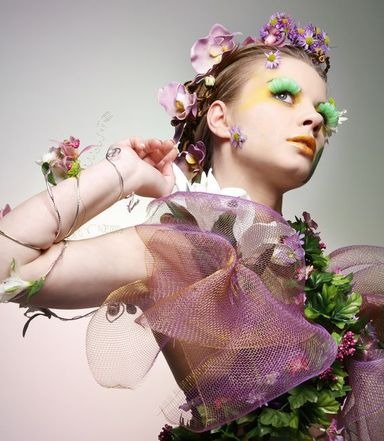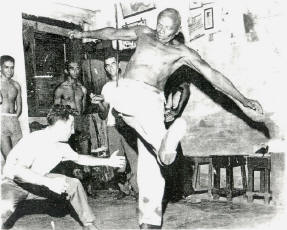
What to say about capoeira? I am LOVING it!!! Specifically capoeira angola, and (more specifically) capoeira angola with FICA.
What I feel about regional/contemporânea (the capoeira style I used to practice) and angola (the capoeira style I now practice) can be compared to the difference between, say, a strawberry-flavored candy and an actual strawberry. It’s not that one tastes bad and the other good; both taste good, but the actual fruit tastes better than the candy, and also contains more nutrients. Or the difference between liking someone and loving someone. Nothing wrong with liking, but loving is a far deeper feeling.
In the same way, for me, capoeira contemporânea is good but capoeira angola is better – deeper, richer, more engaging, and more fulfilling. Capoeira contemporânea is definitely more eye-catching, while angola is often an acquired taste, as it was in my case. But once you acquire the taste, once you “catch the bug” and learn to truly appreciate capoeira angola, I don’t think you ever lose it. And you never see contemporânea in the same way again; it seems like a shadow, a less substantial imitation of the real thing. Of course, the “shadow” is still quite substantial – which speaks to the incredible intricacy of capoeira, the fact that even a watered-down version of it is quite complex!
Out of all the capoeira angola academies I’ve visited, I really feel that FICA in Salvador has something special. Although they receive many visitors, they are in no way a “tourist” academy. First of all, their prices are reasonable and they don’t try to extort the foreigners who come to train or watch capoeira. Second, they give each person present in the class a lot of personal attention and advice – no matter whether that person is a dedicated ten-year FICA student or a first-class newbie who probably won’t return. They are really invested in teaching capoeira; that’s their primary goal.
I love that FICA places an extremely high emphasis on personal expression and sentimento (feeling or “soul”). They don’t demand that everyone do everything the exact same way or conform to some impossible and arbitrary technical standard. In fact, they don’t even require everyone to do the movements in synch with the instructor – each person is free to work at his/her own pace during the trainings. That’s how I’m going to run my classes someday. It feels less like boot camp and more like, well, vadiação (chilling, hanging out), brincadeira (playfulness, playing around like a child), both of which used to be synonyms for capoeira.
The rodas are wonderful! The music (one of the first things that really struck me as incredible in capoeira angola) continues to be awesome, especially when three skilled players are on the berimbaus. And the games are just… unbelievable. The interaction, the strategy, the “checkmates,” the revenge, the humor, the suspense… The players are expressive, creative, and each one is unique in his or her style.
Finally, the people of FICA make training there very pleasant. Everyone is warm, open, and friendly; there’s none of that “insider/outsider” cliquey dynamic present in some other capoeira groups – especially angola groups, which tend to be more distrustful of visitors. As a result, I have friends and I don’t feel nearly as solitary/lonely as I did in São Carlos, where I never felt completely accepted by the capoeira group (which was such a huge contrast with the close friends and camaraderie I enjoyed in the Hamilton club).


